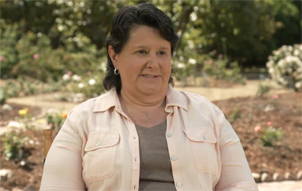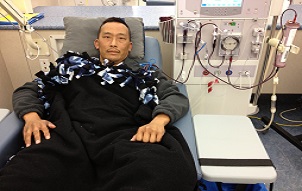Living donors should be in good overall physical and mental health and free from uncontrolled high blood pressure, diabetes, cancer, HIV/AIDS, hepatitis, and organ diseases.
For the benefit of both the donor and the recipient, potential living kidney donors undergo a very thorough psychological and medical screening to ensure they are healthy and suitable to undergo the procedure.
Most living donors are older than 18 years of age* and compatible with the intended transplant candidate. Since some donor health conditions can prevent the donation and transplant from being successful, it is important that you share all information about your physical and mental health with your doctor(s) during the evaluation process.
You must be fully informed of the risks involved and complete a full medical and psychosocial evaluation. Your decision to serve as a donor should be completely voluntary and free of pressure or guilt. A living donor cannot be paid for the donated organ because it is illegal under the National Organ Transplant Act of 1984. However, living donors may receive reimbursement for certain expenses related to the donation process. Talk to a social worker or financial coordinator at the transplant center for more information.
*Note: There have only been six living donors under the age of 18 since 1988, according to OPTN data. Currently, California transplant centers only consider living donor candidates over the age of 18.




